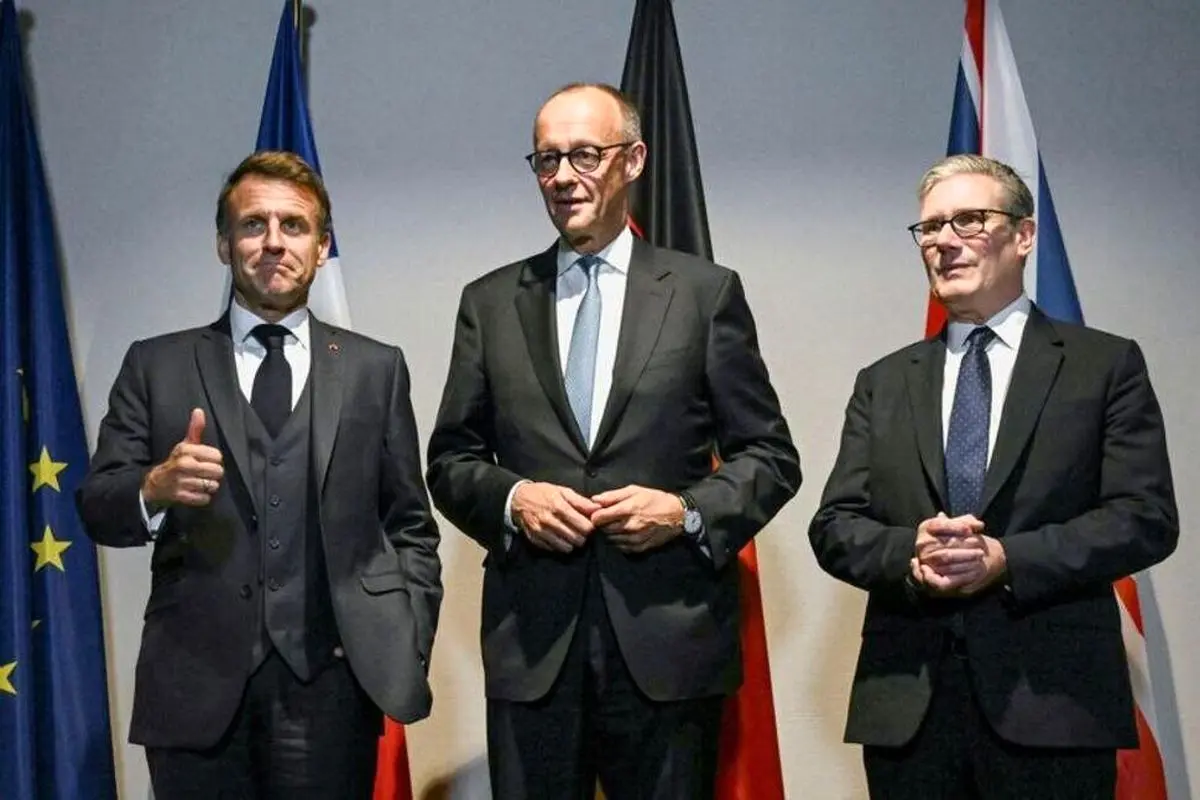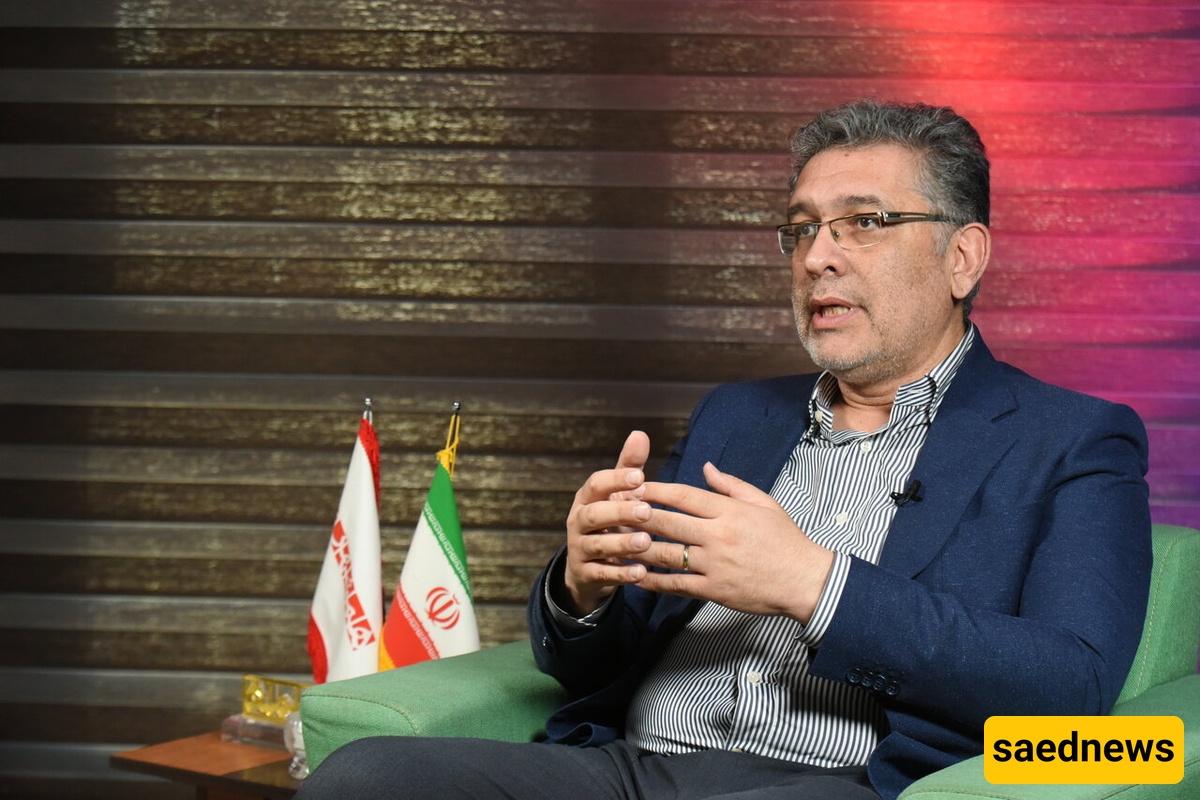SAEDNEWS: Amirali Abolfath, an Iranian analyst on US affairs, warns that Europe’s tough conditions and the likelihood of snapback activation make renewed Iran–US negotiations highly uncertain. He stressed that only a “miracle” could prevent the snapback mechanism from being triggered.

According to Saed News, Amirali Abolfath, an expert on US affairs, in an interview with Etemad Online regarding recent developments between Iran and Europe, as well as Russia and China’s moves to extend Resolution 2231 — which, if successful, could bring Tehran and Washington immediately back to the negotiating table — said:
“I am not very optimistic that Russia and China’s efforts to extend 2231 will succeed. First of all, I am also not very optimistic that even if this happens, negotiations between Iran and the US would begin. Therefore, if it does happen, it is a positive development, and I also hope it happens.”

He continued:
“At the same time, I am not very optimistic because the Europeans have conditions for not activating the snapback that are very difficult for Iran to accept, and the solution proposed by Russia is not acceptable to the Europeans. The Americans, at present, are not very eager to reach an agreement that is solely about the nuclear issue. From this perspective, I do not see the situation as encouraging enough for this scenario to materialize.”
He further added:
“The news announced about inspectors visiting nuclear facilities only relates to the Bushehr power plant, or in other words, the non-bombed facilities of Iran. Regarding granting access to bombed sites, Iran has no decision, and the Agency also maintains that such inspections must absolutely be carried out in all these areas. On this matter, Iran has not yet reached any agreement with the IAEA. Therefore, this itself is an obstacle that makes the realization of what you first mentioned difficult.”
On the issue of extending the agreement or the return of the snapback, Abolfath said:
“I believe only a miracle can prevent the snapback. Unfortunately, all the evidence and indications suggest that the snapback will be activated, unless the Europeans are unwilling to lose a tool — in which case they would no longer be able to participate in nuclear negotiations. If Europe activates the snapback, it will have no chance to participate in future talks between Iran and the US or in any potential agreement between them. The current US administration does not really believe in collective actions involving the Europeans. Therefore, perhaps the Europeans, at the last moment, will consider the consequences and conclude that triggering the mechanism will have more repercussions for them. Otherwise, they will activate the snapback mechanism.”
He also stated regarding Europe’s demands from Iran:
“Europe’s demand for the snapback not to be activated is a very big demand. They want Iran to agree to issues that it has not agreed to even under the bombardment of two nuclear powers, Israel and the US. From this angle, I see the activation of the snapback as very likely. However, until the last moment on October 17, and possibly starting from August 31, the process may begin: the Joint Commission of the JCPOA would convene, experts would come and review, then it would move to the ministerial level, and afterwards to the Security Council. This process takes a month and a half, and we must wait.”

